-large.jpg)
Rondo Mirror photo: Design in Pictures
The Triumph of Light and Ultralightness: Zieta Studio in Milan
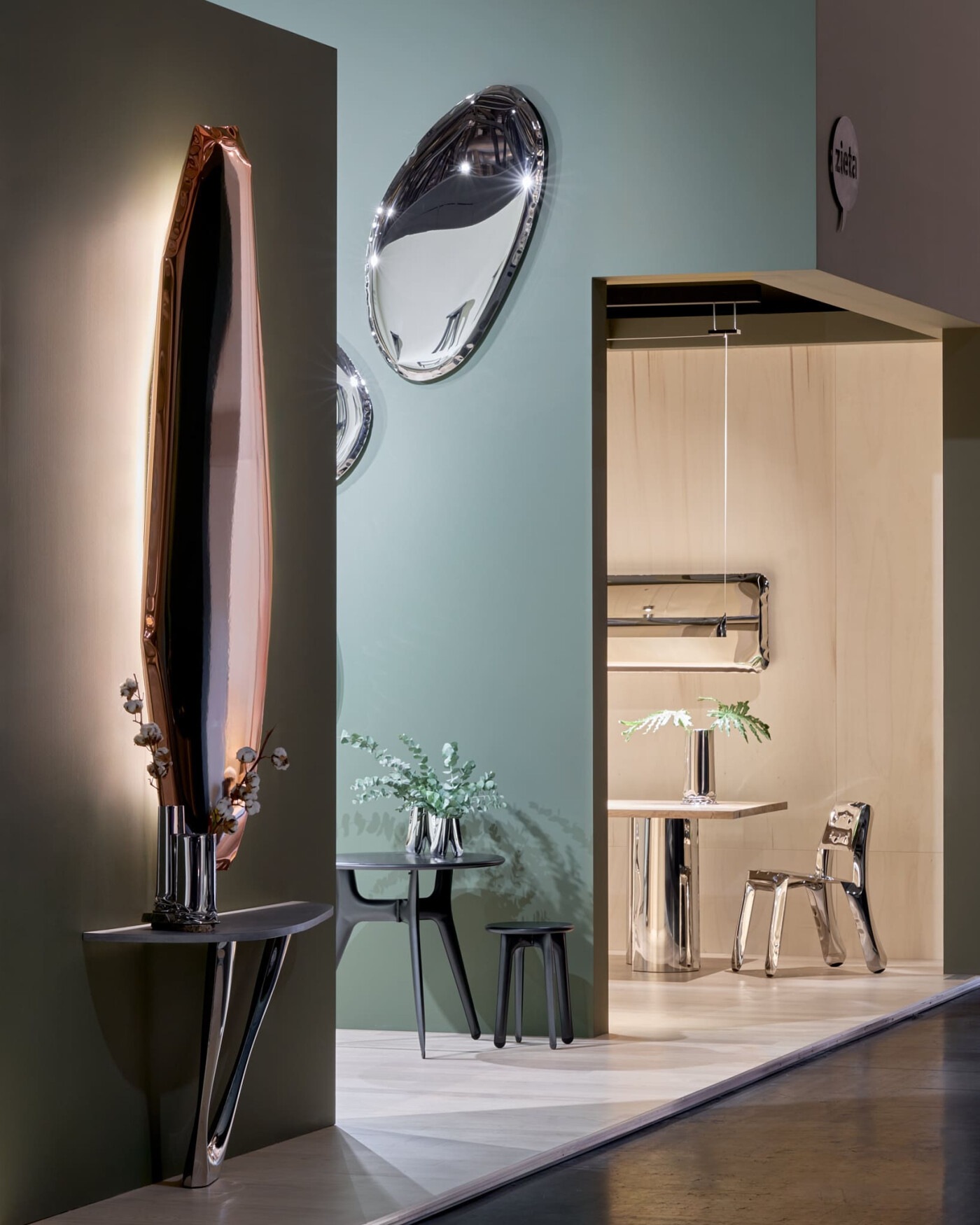
Tafla C Mirror photo: Design in Pictures
The Grandeur of Light
-large.jpg)
Blade photo: Design in Pictures

Parova Table photo: Design in Pictures
Form, Art and Tribute
-large.jpg)
G-Table photo: Design in Pictures
-large.jpg)
photo: Weronika Trojanowska
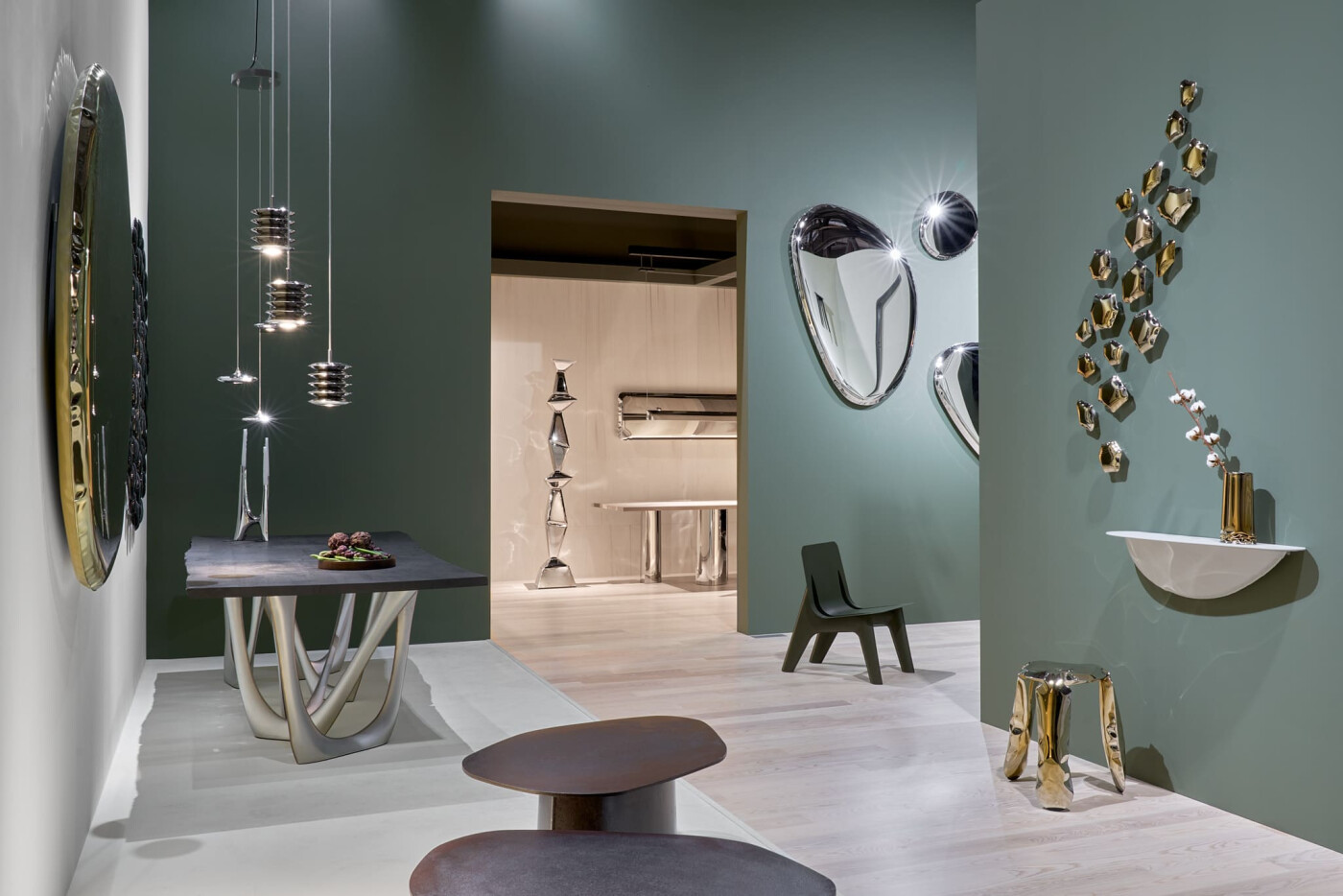
Plopp photo: Design in Pictures
Technology and Monomateriality
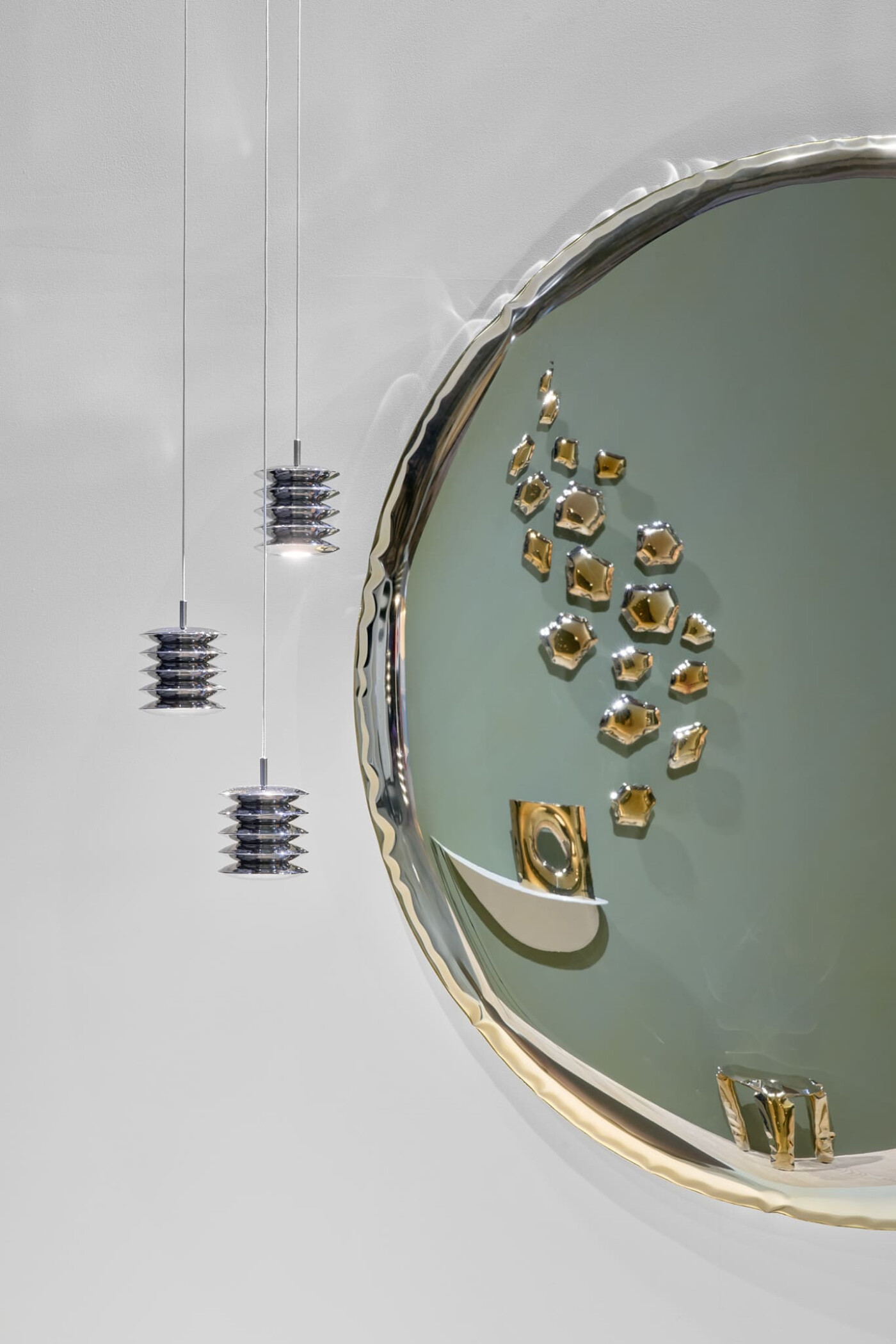
Oko Mirror photo: Design in Pictures
Reflections, Refractions, Metal
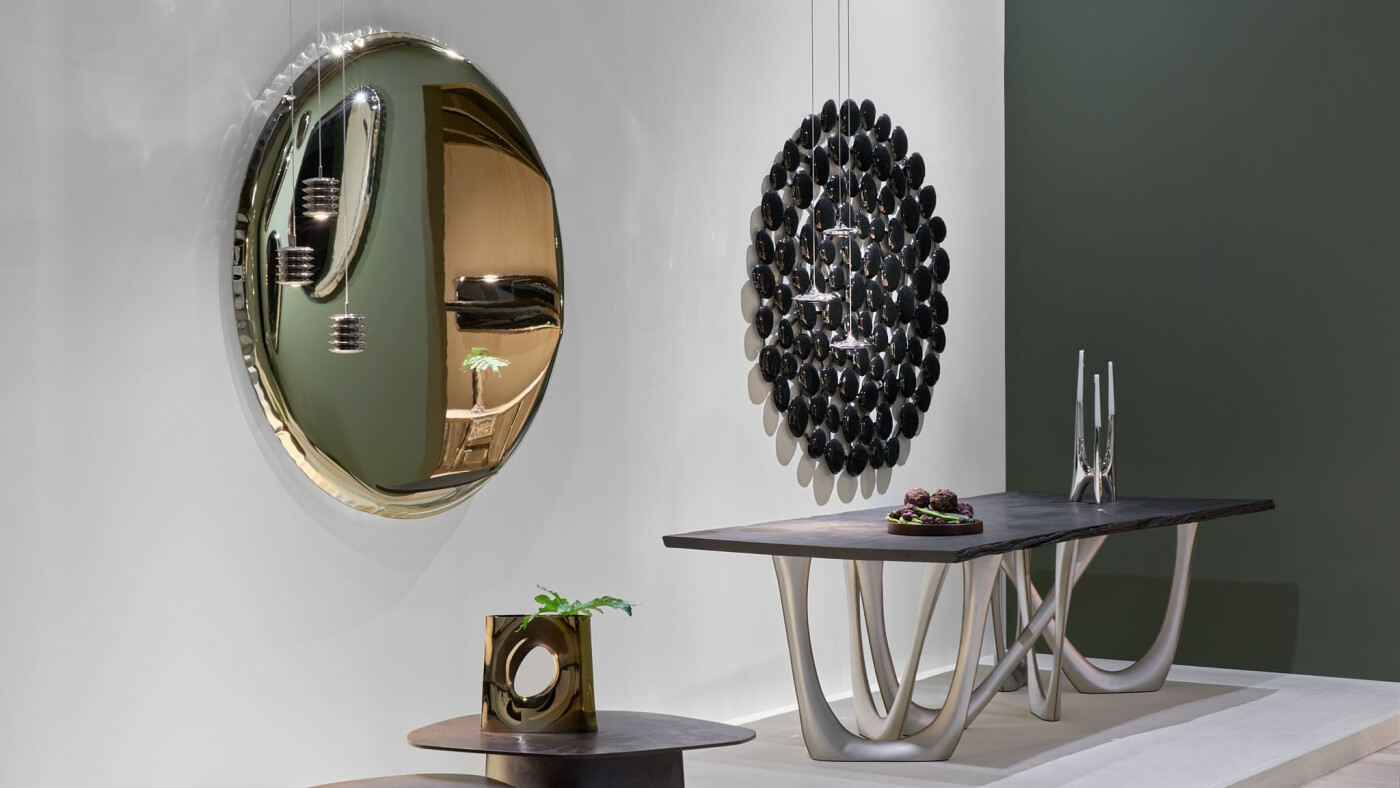
Mercury photo: Design in Pictures
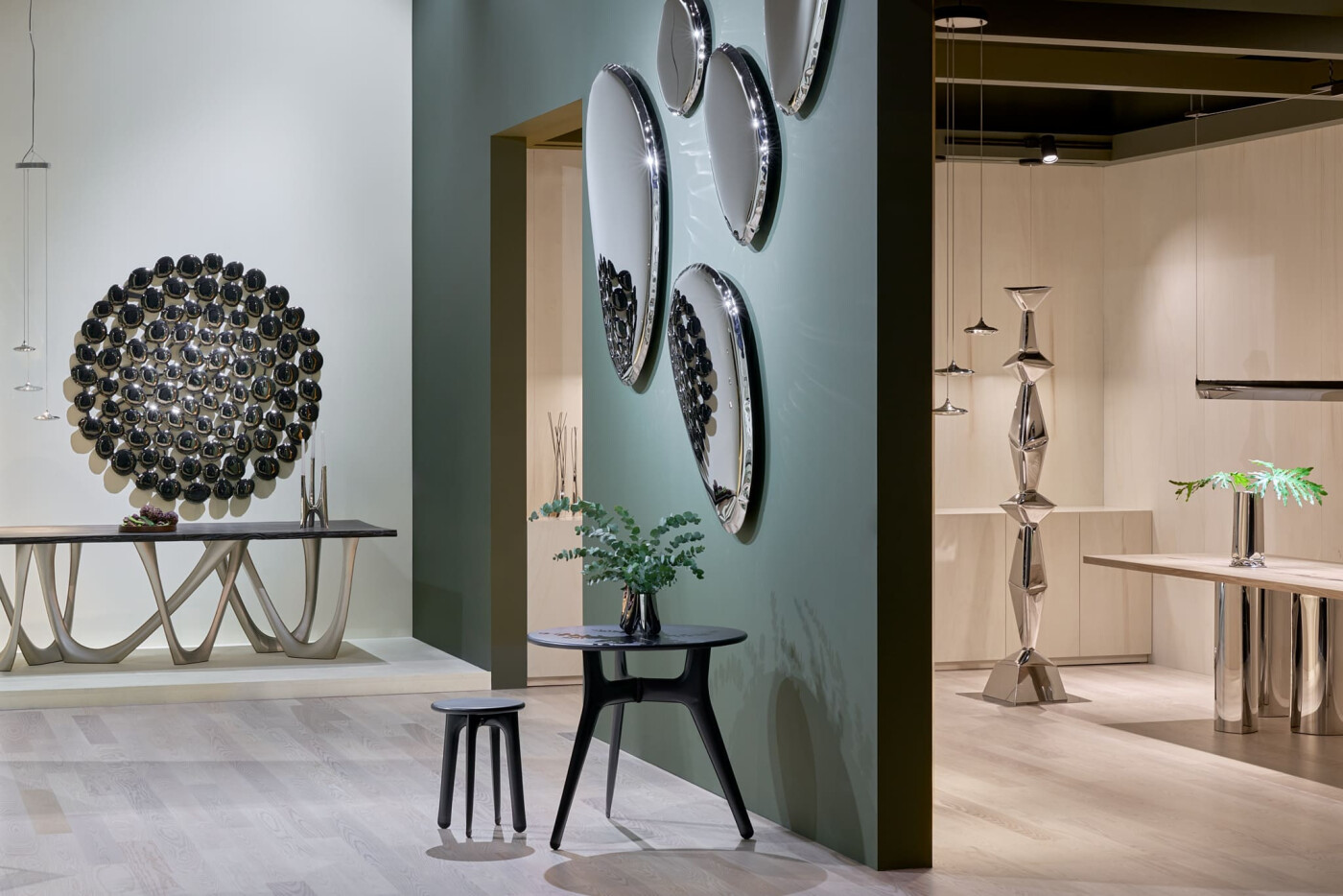
Ultraleggera Round Table photo: Design in Pictures


.jpg)
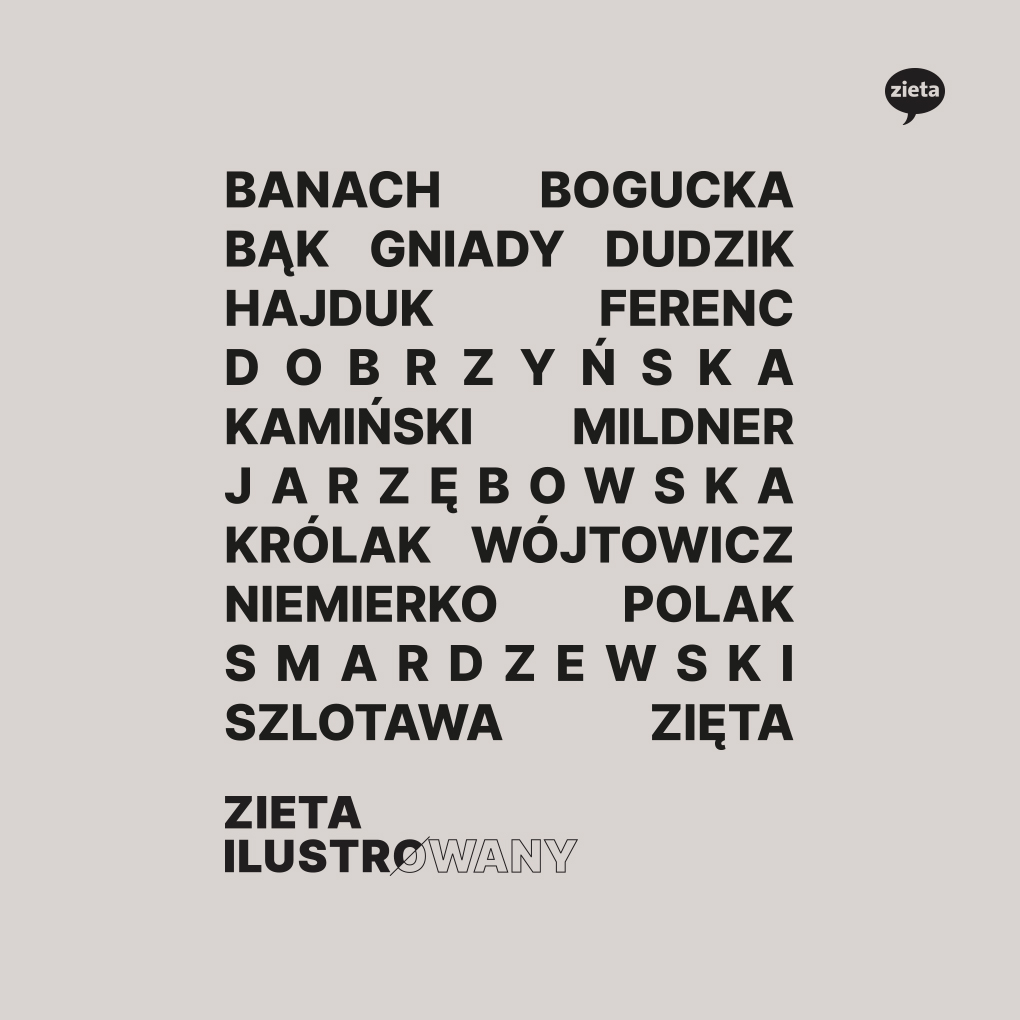
.png)